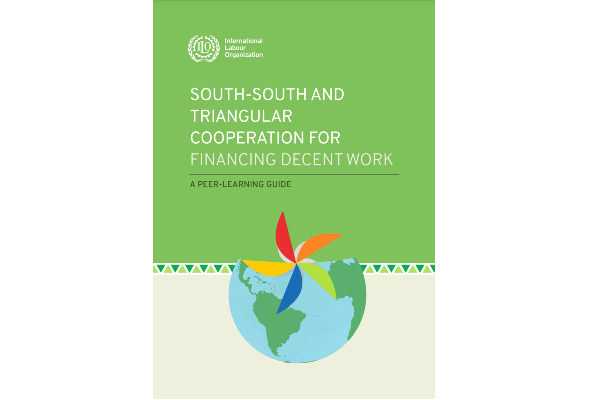
Several countries, especially emerging economies and developing countries, share similar socio-economic conditions and face the same type of challenges related to sustainable socioeconomic development. Different countries often face common hazards and similar vulnerabilities. The diversity of development experiences and initiatives allows us to draw lessons, identify successful practices and assess their potential for replication. South-South and Triangular Cooperation (SSTC) is a partnership between equals that involves a process of learning or sharing knowledge from effective development initiatives that have been implemented in countries of the Global South. As reflected in the 2030 Sustainable Development Agenda, SSTC has become a key modality of international development cooperation and an essential instrument for the United Nations Development System. SSTC, by promoting networking, the exchange of successful experiences and technical knowledge among countries, plays a crucial role in achieving the mission of the ILO: decent work for all!
To achieve the SDGs, the financing for the goals must be scaled up. Along the lines set out in the Addis Ababa Action Agenda of 2015, UN agencies are making efforts to increase financing for development, including both domestic and international resources for development and both public and private sources. The AAAA encourages developing countries to step efforts to strengthen SSTC, recognizing its increasing importance for development cooperation.
This learning guide aims to introduce SSTC as a tool for socioeconomic development, to achieve the Agenda 2030, and in particular for Financing Decent Work. It explains in a practical way the definitions, principles, the actors involved, and the process to be followed, including a “Do’s and Don’ts” guidance. The ideas in this Learning Guide focus on how SSTC projects have been carried out in the past, illustrating the process of engaging ILO’s constituents and partners, and present examples that to show how the themes and concepts can be applied concretely, allowing the reader to:
- Understand what SSTC is and its contribution to the creation of collaboration and solidarity networks for development.
- Identify the principles, modalities, instruments and actors involved in South-South cooperation. including the differences from traditional forms of cooperation.
- Contextualize SSTC in the context of Agenda 2030 and its role in achieving the SDGs.
- Recognize the role of SSTC in the ILO for Financing Decent Work
Full report can be found here:
English : SSTC and Financing Decent Work – Learning Guide
Spanish : SP-CSS-y-CT-Guia-Financiar-el-Trabajo-Decente
French : FR – CSST et le Financement du Travail Decent – Guide pratique

